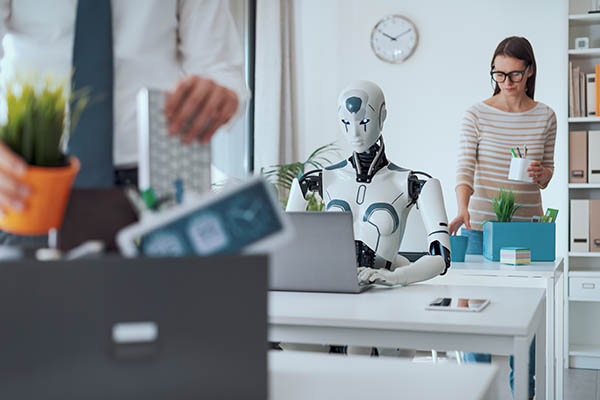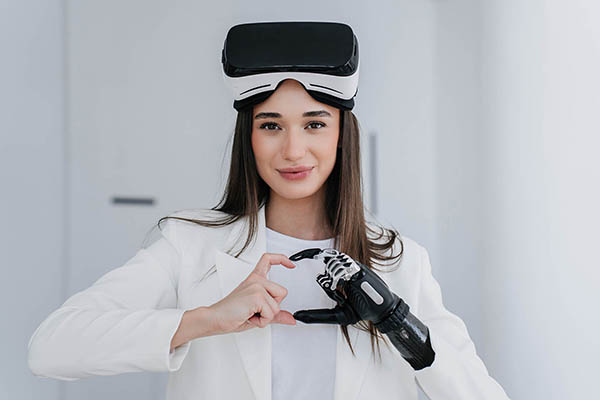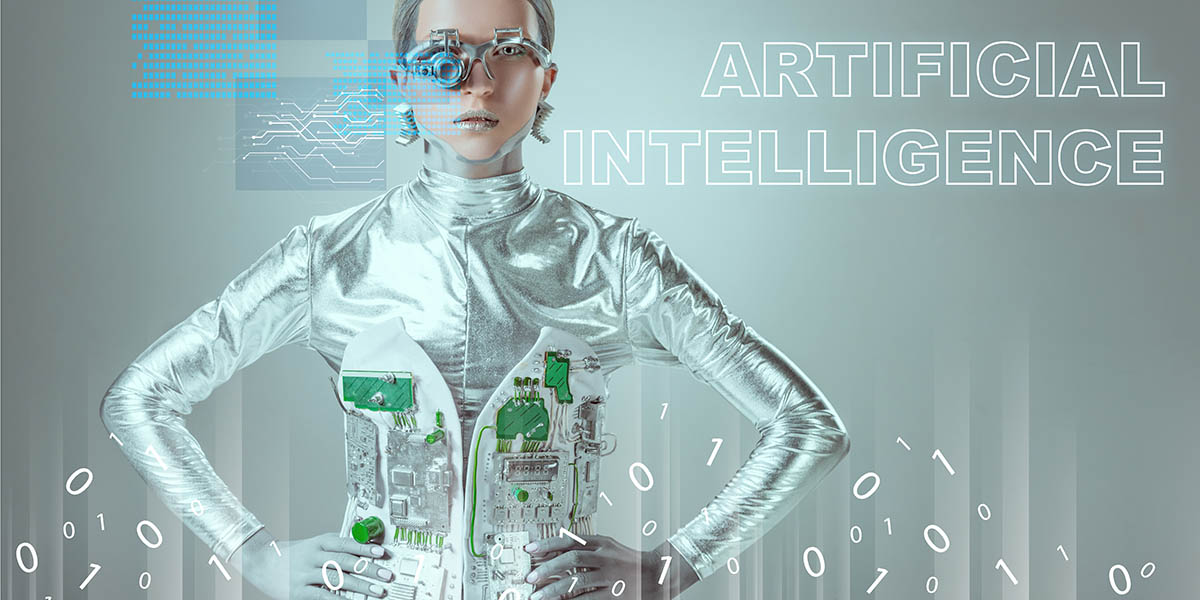Artificial Intelligence (AI) has moved from the realms of science fiction into a cornerstone of modern technology, transforming various facets of our daily lives. As Artificial Intelligence continues to evolve at a rapid pace, the future of AI promises to bring even more profound changes to our lives. Let’s explore how AI is expected to shape our future and the potential impacts on our personal and professional lives.
Table of Contents
The Future of AI and How It Will Impact Our Lives
Transforming Healthcare
One of the most promising areas for AI is healthcare. AI-powered diagnostic tools are already aiding doctors in identifying diseases like cancer at much earlier stages. In the future, AI could facilitate personalized medicine, where treatments are tailored to the genetic makeup of individual patients. AI could also enhance predictive analytics, helping to foresee potential health issues before they become critical, thereby shifting the focus from treatment to prevention.

Revolutionizing Education
AI has the potential to revolutionize education by creating more personalized learning experiences.
Adaptive learning systems can already adjust the difficulty of tasks based on a student’s performance, providing a customized learning journey. In the future, AI tutors could offer one-on-one assistance to students around the world, making high-quality education more accessible. Moreover, AI can help in administrative tasks, allowing educators to focus more on teaching and less on paperwork.
Enhancing Work and Productivity
The workplace of the future will be significantly influenced by AI. Automation of repetitive tasks will allow employees to focus on more complex and creative aspects of their jobs. Artificial Intelligence driven analytics will provide insights that can lead to better decision-making and improved business strategies. However, this also brings challenges, such as the need for re-skilling workers whose jobs are impacted by automation. The development of Artificial Intelligence ethics and policies will be crucial to ensure a fair transition for the workforce.
Improving Transportation
Self-driving cars are one of the most talked-about applications of AI in transportation. As these technologies mature, they promise to reduce accidents, lower emissions, and improve traffic efficiency. AI in logistics can optimize delivery routes and predict maintenance needs, significantly enhancing supply chain operations. The implementation of Artificial Intelligence in public transportation can lead to more efficient and reliable services, encouraging a shift away from individual car ownership.
Elevating Entertainment and Media
The entertainment industry is already feeling the impact of AI, from personalized content recommendations on streaming services to AI-generated music and art. In the future, AI could enable more immersive and interactive experiences, such as virtual reality environments that adapt to user interactions. Content creation could become more democratized, with AI tools allowing individuals to produce high-quality media with minimal resources.
Strengthening Security
AI is set to play a crucial role in enhancing security across various domains. In cybersecurity, AI systems can detect and respond to threats much faster than human analysts. AI-powered surveillance can improve public safety by identifying suspicious activities in real-time. However, these advancements must be balanced with concerns about privacy and the potential for misuse.
Ethical and Social Considerations
As AI becomes more integrated into our lives, ethical and social considerations become increasingly important.

Issues such as bias in AI algorithms, data privacy, and the potential for AI to be used in harmful ways need to be addressed. The development of robust regulatory frameworks and ethical guidelines will be essential to ensure that AI benefits society as a whole.
Conclusion
AI holds immense potential to improve various aspects of our lives, from healthcare and education to work and transportation. However, it also presents significant challenges that must be navigated carefully. By fostering a collaborative approach among technologists, policymakers, and society, we can harness the power of AI to create a future that is innovative, equitable, and sustainable.
As we stand on the brink of this exciting future, it is clear that AI will not only enhance our capabilities but also reshape our understanding of what is possible. The journey ahead will require thoughtful consideration and proactive measures to ensure that AI’s impact is positive and inclusive.


Leave a Reply